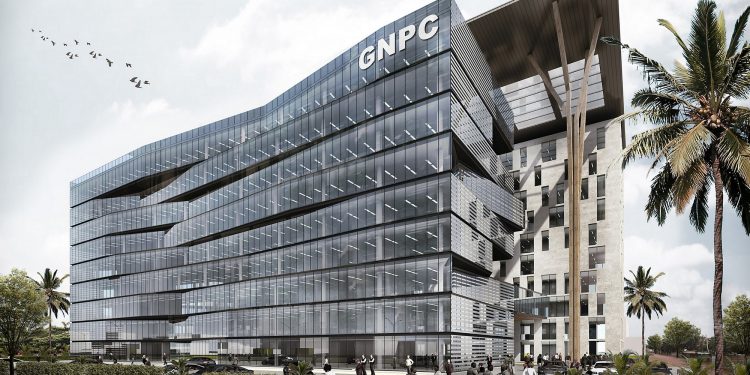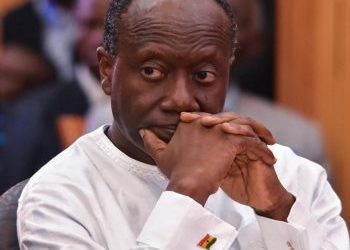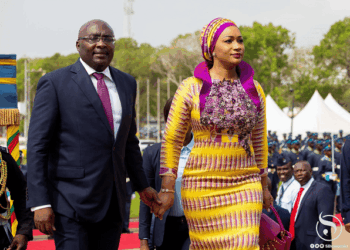A Risk Manager at TD Bank in Canada, and a Leader of the Ghana Environmental Advocacy Group, Madam Elizabeth Vaah, has described the national oil company (NOC)— GNPC, as having failed ‘miserably’ at its core mandate.
Being a strong advocate for a revision of the existing petroleum fiscal regime to a more beneficial regime— production sharing agreement (PSA), Madam Vaah, alluded to section 2 subsection 2b of the PNDC Law 64 (1983), which is one of the key objectives of the GNPC. The law stipulates that GNPC is to “ensure that Ghana obtains the greatest possible benefits from the development of its petroleum resources.”
Madam Elizabeth Vaah
She added that, “…organizations are created for a core purpose. Once they become the be all and end all of everything, they lose focus, and fail in their core mandate…”
A 2019 report conducted by the Institute of Fiscal Studies (IFS) showed that the NOC lost GHS40.5 million in investments made to non-core businesses in just two years (2014-2016). The company’s investment in Mole Motel, Prestea Sankofa Gold, and Airtel – all non-related businesses – were wasted.
Also, the report cited GNPC’s expenditure on Corporate Social Responsibility (CSR) of US$28.9million in 2018 as immoderate and hindered the company’s efficiency in its operations. Within the same period, GNPC was owed by government and other government-related agencies to the tune of GHS794.6 million through quasi-fiscal activities.
PIAC has consistently cited that due to political interferences, is not able to fully focus on its core mandate. This, according to PIAC, has resulted in concerns raised about gross mismanagement of petroleum revenues in its reports and press briefings. Typical among the issues highlighted by PIAC is the use of the corporation to finance quasi-fiscal expenditures of the government; instances of non-documentation of borrowed funds from the Corporation; and the non-repayment of borrowed funds by the government.
Petroleum Receipts over the last 10 years
Over the last ten years, Ghana has signed 18 petroleum agreements with various international and local oil companies operating in the country’s oil producing fields: Jubilee, Tweneboa-Enyenra-Ntomme (TEN) and Sankofa Gye-Nyame oil field. Throughout the period, the country’s oil fields generated an estimated $31.2 billion from commercial oil production.
Out of the total, $6.5 billion of the petroleum receipts accrued to the country, representing 9.97% of 2020 GDP. A breakdown of petroleum receipts into the Petroleum Holding Fund (PHF) showed that the Annual Budget Funding Amount (ABFA) accrued the highest amount of $2.6 billion (40% of the PHF). GNPC received $2 billion (30% of the PHF); the Ghana Stabilization Fund (GSF) received $1.39 billion (21%); the Ghana Heritage Fund received $586 million (9%).
In a public lecture organized by the Public Interest Accountability Commission (PIAC) last week, dubbed “Ten Years of the Management and Use of Petroleum Revenues in Ghana: The Way Forward,” Dr. Baah-Nuakoh said:
“Between 2011 and 2020, on average GNPC receives about 30% of what goes into the Petroleum Holding Fund (PHF)… It includes both level A and level B; Level A means that it’s only for equity financing, meaning that it’s not available for GNPC’s discretionary use, to a large extent, it is basically passing through. So, the money comes in, you use it to pay government’s equity stake and it’s not available for GNPC to use for other things. So realistically… only 45% of that 30% is available for GNPC to utilize for GNPC’s discretionary use.”
Dr Baah-Nuakoh
It is obvious that ssues regarding political interferences in the work of the GNPC is one of the key areas to address in order to ensure the success of GNPC.










Discussion about this post